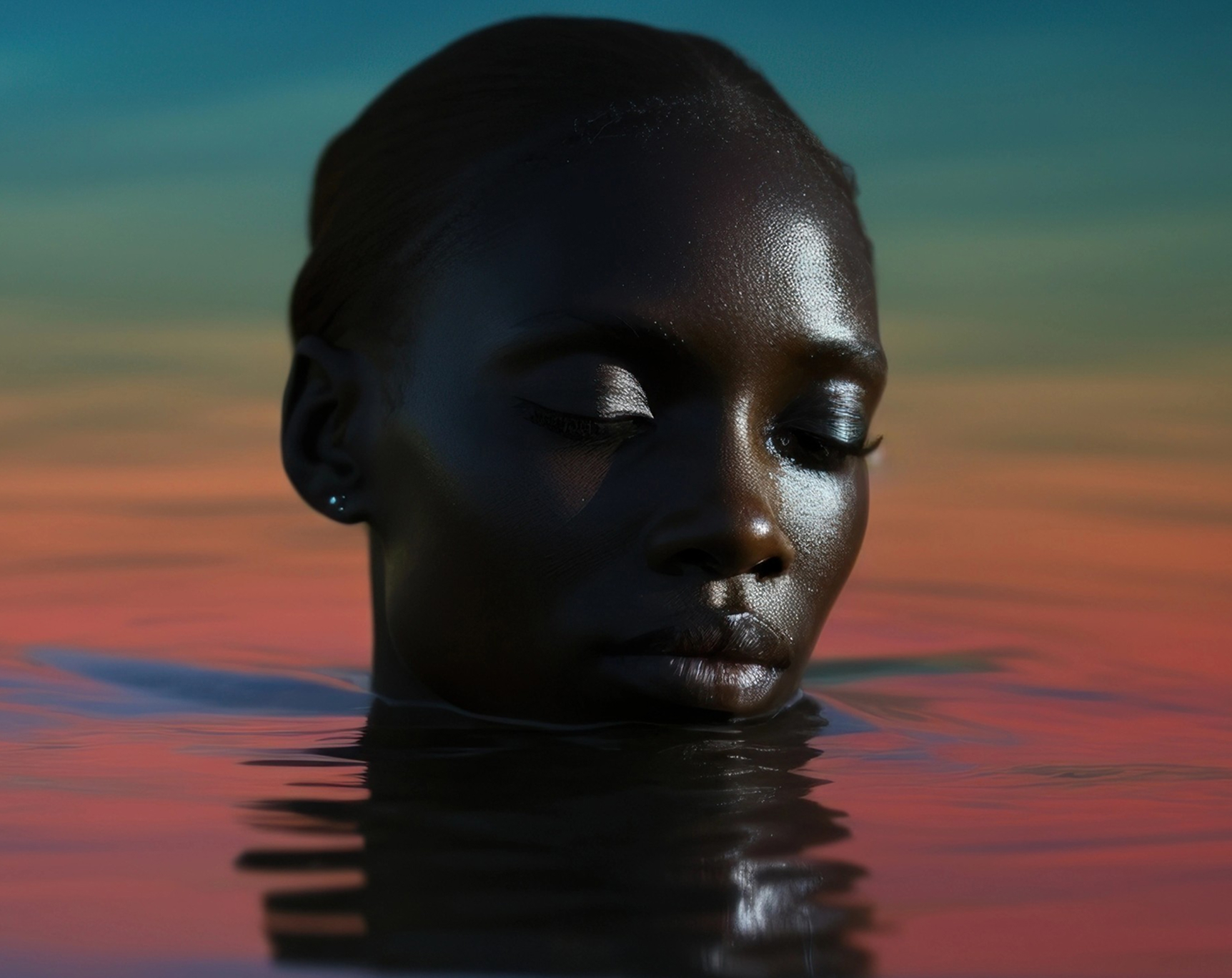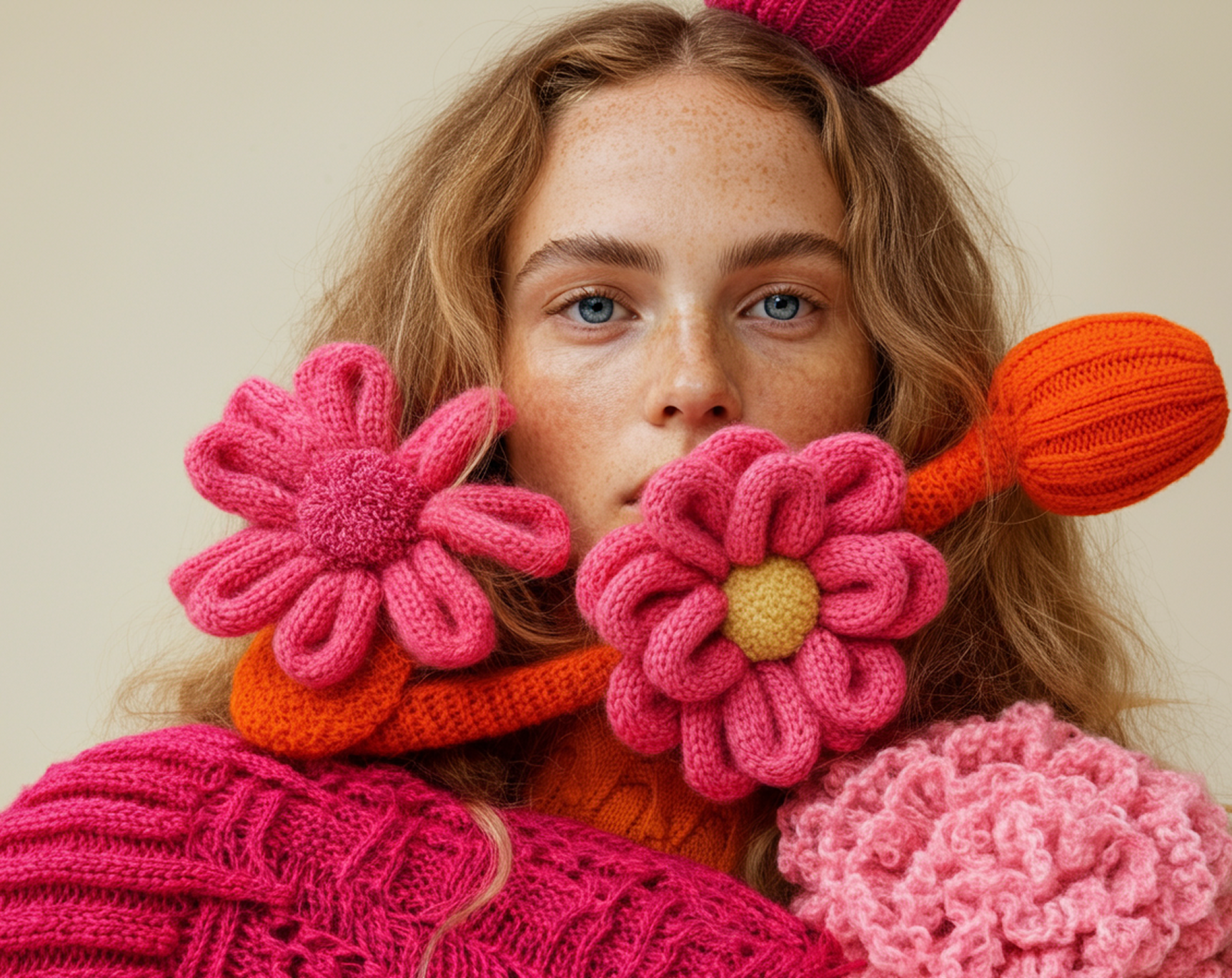We were told that beauty is power, but no one warned us about the price we would have to pay. We learned to measure our worth in pounds, wrinkles, and filters—to chase an ever-distant ideal. Perfection was sold to us as a destination when, in reality, it is a prison.
For decades, the image industry has built an empire on our insecurities, dictating impossible rules and constantly redefining what it means to be beautiful. But what if it was all a lie?
Psychotherapist Roberto Ríos, with more than 20 years of experience helping people rebuild their self-esteem, confronts us with an uncomfortable truth: it’s not our bodies that need to change, but the story we’ve been forced to believe about them.
In this revealing conversation, he invites us to challenge the narrative of perfection, reclaim our autonomy, and redefine beauty as an act of power, not submission.
The Mirror as a Prison
A mirror should be just that—a mirror. But for many people, their reflection has become a battlefield where every feature is analyzed with cruel precision.
“From an early age, we absorb criticism about our bodies. We are taught that our appearance defines us, and we learn to measure ourselves against external standards,” explains Ríos. “Society has trained us to judge ourselves harshly, to see ourselves through the eyes of others instead of our own.”
The problem isn’t beauty itself—it’s how we’ve been conditioned to perceive it. “We have been led to believe that if we don’t fit certain parameters, we are worth less,” Ríos says. “But the real question is: who decided these parameters, and why do we continue to follow them without question?”
Perfection as Currency
We live in an era where perfection has become a form of currency. We are told that beauty opens doors, that youth is the only valid ticket, and that symmetry is synonymous with success. But what happens when the goal is unattainable?
“The problem with perfection is that it constantly changes shape. What is ‘beautiful’ today will be outdated tomorrow. It’s a trap designed to keep us in a constant state of dissatisfaction,” says Ríos. “If perfection were real, the beauty industry would cease to exist. But its business depends on us never feeling good enough about ourselves.”
This leads us to a hard truth: we will never be “enough” if we continue to play by the rules imposed on us.
“If perfection were real, the beauty industry would cease to exist. But its business depends on us never feeling good enough about ourselves.”
The Epidemic of Body Dysmorphia
Beyond dissatisfaction with one’s appearance, the obsession with aesthetics has triggered a global mental health crisis. One of the most alarming disorders is body dysmorphia, a condition in which individuals develop an obsession with perceived physical flaws that, in many cases, are invisible to others.
“Body dysmorphia is an extreme reflection of the dissatisfaction we’ve been taught to feel about our bodies,” Ríos explains. “It deeply affects self-esteem and generates compulsive behaviors, from avoiding mirrors to undergoing unnecessary cosmetic procedures.”
Several well-known figures have openly spoken about this disorder, revealing the magnitude of the problem:
- Megan Fox has confessed that she suffers from body dysmorphia and has never felt that her image is good enough.
- Robert Pattinson has said that his anxiety over his appearance leads him to experience panic attacks before public events.
- Sarah Michelle Gellar has admitted that, for years, her perception of her body was distorted by Hollywood’s standards.
But the issue is not just among celebrities. A study by the American Psychological Association confirms that 69% of teenagers feel that their image is not good enough due to constant comparison on social media.
“69% of teenagers feel that their image is not good enough due to constant comparison on social media.”
Healing Our Relationship with the Mirror
So, how can we rebuild our self-esteem when we’ve been conditioned for self-criticism?
“The first step is to understand that our relationship with the mirror is not natural; it is learned,” says Ríos. “What we believe about our beauty is nothing more than a social construct.”
To change this relationship, the expert recommends:
Question imposed beliefs: “Ask yourself: Why do I see this as a flaw? Is this thought truly mine, or did it come from someone else?”
Redefine beauty on your own terms: “When you stop chasing external standards and start finding your own concept of beauty, you free yourself.”
Speak to yourself with kindness: “You wouldn’t say the things you think about yourself to someone you love. So why treat yourself with less respect than others?”
Stop seeking external validation: “Self-worth cannot depend on ‘likes’ or compliments. It must come from within.”
The Last Secret No One Told Us
We were led to believe that beauty was a destination when, in reality, it was always a mirage. We were convinced that if we tried hard enough, if we corrected every imperfection and chased every standard, we would finally feel complete.
But perfection is not the reward. It is the trap.
The truth that no one told us is that there was never anything wrong with us. The problem was never our bodies—it was the story we were forced to believe about them.
And now, the most important question remains:




